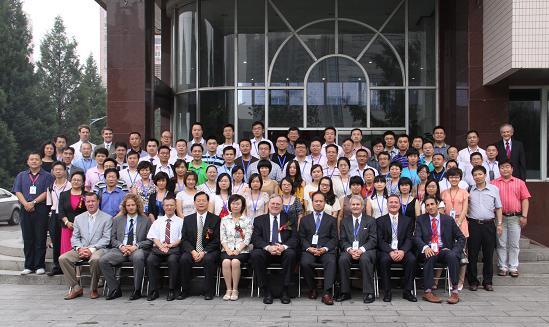China Certificate Training Program 2012

By Liu Peng
Pushi Institute for Social Science
From July 9 to 20, 2012, the International League of Higher Education in Media and Communication of the Communication University of China, School of Political Science and Law of the Communication University of China, Center for People’s Congress and Foreign Legislations Study of Peking University Law School, and the Pushi Institute for Social Science jointly held the Religion and Rule of Law Summer Training Program in Beijing. Seventeen experts and scholars from six countries including the USA, Canada, Australia, the Philippines, Netherlands, and China taught at the program, and the fifty nine students included researchers in subjects such as law, religious studies, and political science and people from the judicial branch and religious community. The program themed “religion and rule of law” has been held for three consecutive years by the Chinese legal community.
Similar to previous programs, the summer program this year introduced the explorations and experiences of various countries in religion and rule of law, shared the value of religious freedom, and discussed the relationship between religious practice and issues including morality, expression, education, public life, politics and national security. Different from previous programs, the summer program this year had a session on religions in China, a session on model parliament, and a visit to religious venues, so that participants could gain hands-on experiences on religions out of the classroom and think over and take part in the legislation on religion.
During the summer program, the organizers also held the annual symposium on religion and rule of law. The majority of the summer program participants audited the symposium and communicated with the attendants of the symposium face to face.